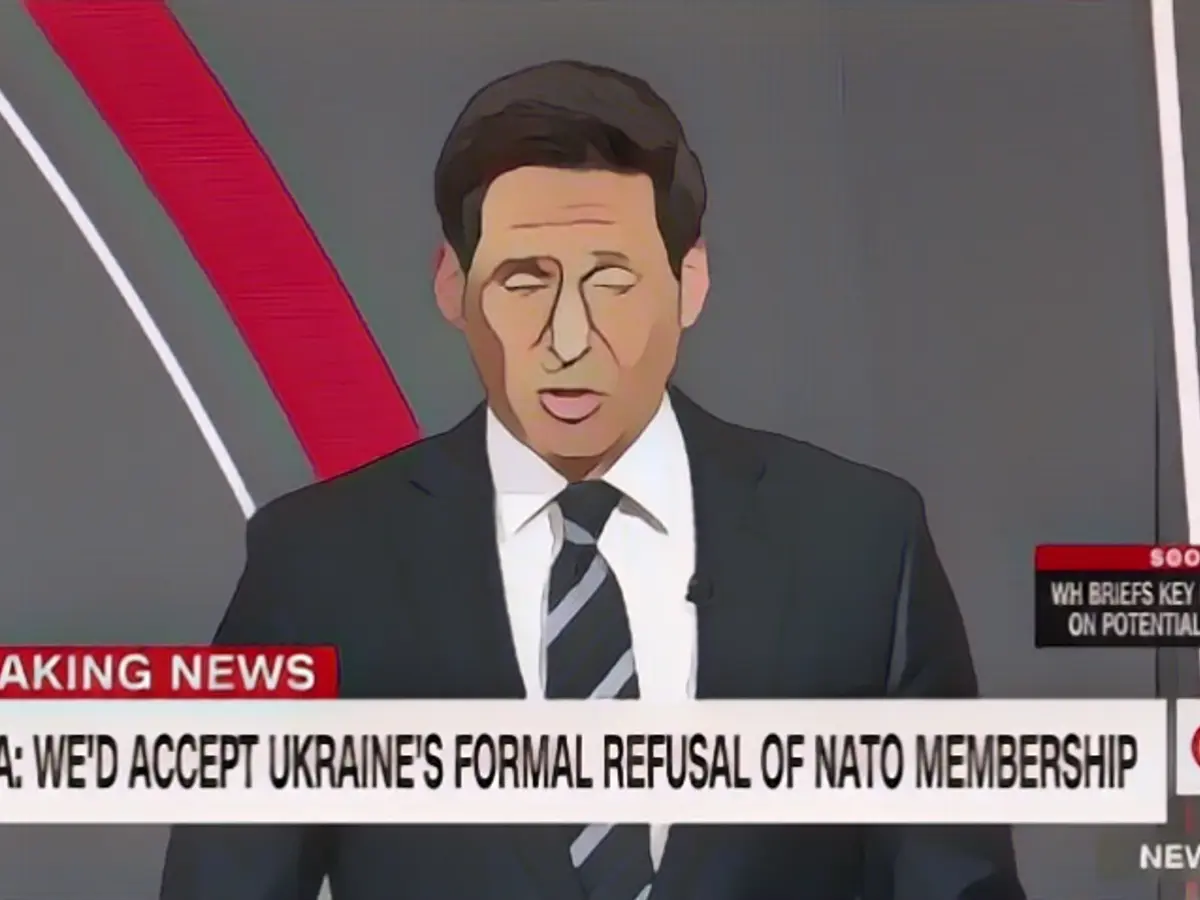In the ongoing standoff between Russia and Ukraine, one thing is clear: the outcome of this geopolitical battle will not unfold as expected. The world has witnessed firsthand, across centuries, how military conflicts seldom adhere to the script of military strategists, no matter how meticulously drafted. This reality echoes the profound observation by boxing legend Mike Tyson: "Everyone has a plan until they get punched in the mouth."
Both Washington and Moscow have endured harsh lessons from their experiences in Afghanistan, though for divergent reasons. Although Russia may have found some satisfaction in America's "disappointing exit" from Kabul last summer, such triumph is likely to be short-lived, given Russia's own Afghan experiences.
The Red Army invaded Afghanistan in 1979, intending to support a communist regime that was grappling with internal challenges. The rugged terrain and harsh climate posed no challenge to the Soviet soldiers, who had made history defeating Nazi Germany and humiliating the United States during the Cold War. However, the tenacious Afghan insurgents turned the tides, inflicting heavy casualties on the Soviet military. Thousands of soldiers and corpses returned home, shattering the Soviet Union's supporters' faith in the Communist regime. By 1989, the Kremlin was forced to retreat from the country, paving the way for the Soviet Union's eventual collapse.
Post-9/11, America harbored high hopes for Afghanistan. The Taliban, the group responsible for sheltering Osama bin Laden and orchestrating the attacks, were expected to be swiftly obliterated. The initial onslaught was a resounding success, with the Taliban losing control of the country within weeks. A provisional government was established less than two months after the initial bombings.
However, America's initial success and the perceived ease of operation in Afghanistan fueled overconfidence. Following the "Shock and Awe" campaign in Iraq, Saddam Hussein was quickly ousted, leading to a swift dismantlement of his regime. In April 2003, George W. Bush even stepped onto a US aircraft carrier with a "Mission Accomplished" banner, a defining moment in American military history.
However, the Taliban's ability to regroup and sustain an insurgency in Afghanistan, while US forces struggled in Iraq, proved costly. Remnants of the US military remain in Iraq, and America continues to pay a strategic price for its defeat in Afghanistan.
When Putin dispatched troops to Syria in 2015, President Barack Obama was certain that Russia would become ensnared in a quagmire, attributing America's own experience in Vietnam. "That won't work," Obama declared.
Russia's intervention in Syria appears to be successful, helping President Bashar al-Assad, an ally of Russia, endure. But success on the battlefield often breeds overconfidence. America's initial success in Afghanistan led to an overestimation of its capabilities in Iraq. Will Putin be swayed into overestimating Russia's military might in Ukraine?
The early triumphalism is commonplace in conflicts, frequently giving way to disastrous outcomes.
The assassination of Archduke Franz Ferdinand in Sarajevo in June 1914 set off a chain reaction of devastating consequences. The First World War, also known as "The Great War," claimed millions of lives and engulfed numerous countries, including Japan, Brazil, and more. Young men in Europe flocked to the battlefields, eager to participate and convinced that the conflict would be short-lived. However, strategy predictions were off the mark, and the war lasted far longer than anticipated.
As the war raged on, new weapons emerged, altering the course of the conflict and leading to unprecedented bloodshed. Political and diplomatic circumstances gradually drew more countries into the conflict. The war lasted four long years, ending with the start of World War II, which transformed "The Great War" into a mere descriptive title.
During the deadliest conflict in America's history—the Civil War—moral was high on both sides, with many young men enlisting for 90 days and donning fresh uniforms. The war dragged on for four grueling years, eroding the initial excitement and resulting in approximately 7.5 million casualties—equivalent to more than 2.5% of the young nation's population today.
As Putin deliberates over invading Ukraine, it is only hopeful that he too absorbs these lessons from history—that the outcome of military conflicts rarely follows expected patterns, and that optimism can frequently lead to misguided convictions with catastrophic consequences.
Although Putin's legacy might not be judged kindly by history, he might still learn from warnings to avoid disasters—not just for Ukraine, but also for Russia, and perhaps the entire world.







